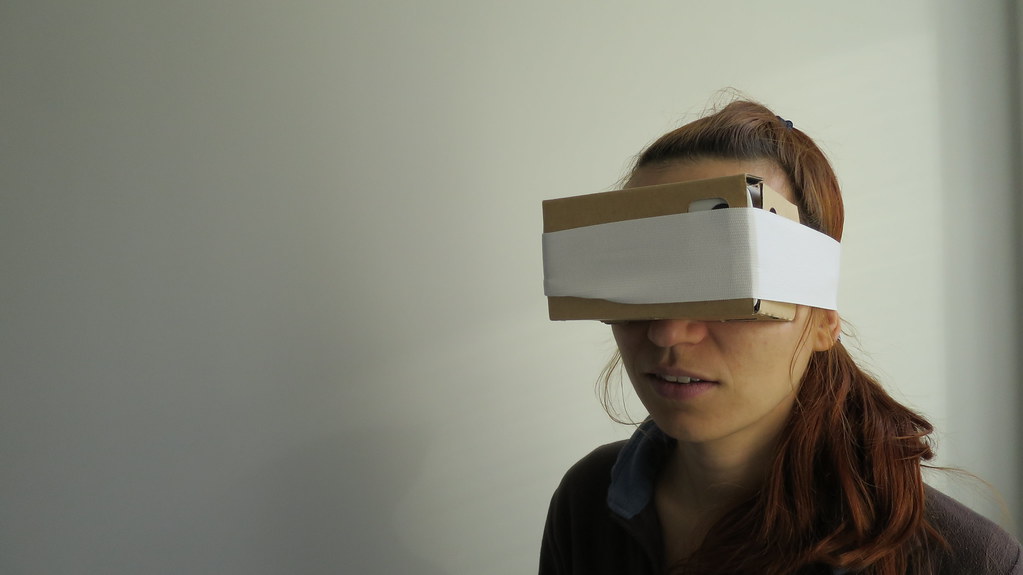What we believe transcends our thoughts and integrates into
the way we teach.
Our values are passed
to us from our community members, parents, teachers, and society (Moser, 2007).
Through these values, our actions spring forth.
We are products of our community, and our community is shaped by the
idea of our home space.
The people and
values that surround us growing up, shape who we are going to be (Moser,
2007).
How do our previous experiences effect how
we shape future students in different places?

Teachers have a variety of reasons for teaching (or not
teaching) environmental education (Hart, 2003). In some schools it is not necessary or
required to teach environmental education.
While this is not true for my school, there is no established
environmental curriculum. This means
teachers’ perceptions of environmental education dictate what and how they
teach (Bengtson, 2010; Hart 2003). How
we perceive what we teach can lead to how we engage students. Through critical self-reflection we can
better understand what we believe, which allows us to think about how we engage
our students. Bengtson (2010) says it is
critical that we
are aware of both our perceptions and our setting when we engage in
environmental education. Are we better
environmental educators if we believe environmental education is worthwhile?
As teachers move around, they may not have acquired the
knowledge necessary to teach relevant environmental facts. This dissonance between knowledge and applied
values may hinder how expatriate teachers engage students in EE. Sammel (2005) asserts that knowing who we are
as environmental educators is a first step in understanding our educational
program. Through
interviews with my co-teachers, I can learn more about what they
know about our new to us tropical environment and how that relates to what they
choose to teach in class. The perceptions
of our shared place effect how we teach about the environment; therefore, we
may need to learn
more about our new homes before creating an effective program.
Experiences also help to shape our value system. As expatriates, we have all come from
different places, and believe different things. While many of us who travel
experience similar occurrences, our previous experiences shape how we perceive
our life in our new home. I wonder how
significant life experiences shape who we are as educators (Chawla, 1999;
Anderson-Patton, 1980)?
______________________________________________________________________________
Anderson-Patton, V. (1998). Creative
Catalysts: A study of Creative Teachers from their own Perspectives and
Experiences. (Dissertation) Retrieved from Proquest Dissertations and Theses
UMI number 9838453
Bengtson, K.H.M. (2010). Elementary
Teachers’ Perceptions of Environmental Education. (Dissertation) ProQuest Dissertations and Theses UMI
number 3434324
Chawla, L
. (1999) Life Paths Into Effective Environmental Action, in Journal of Environmental Education, Fall
99, Vol. 31, Issue 1
Hart, P. (2003) Teachers Thinking in Environmental Education: Consciousness and Responsibility
Moser, S. C. (2007). More bad news: The risk of
neglecting emotional responses to climate change information. In S.
C. Moser & L. Dilling (Eds.), Creating
a Climate for Change: Communicating Climate Change and Facilitating Social
Change (pp. 64-80). Cambridge, UK: Cambridge University Press
Sammel, A. J. (2005). Teachers’ understandings
and enactments of social and environmental justice issues in the classroom:
What’s “critical” in the manufacturing of road-smart squirrels? (Dissertation) ProQuest Dissertations and Theses


